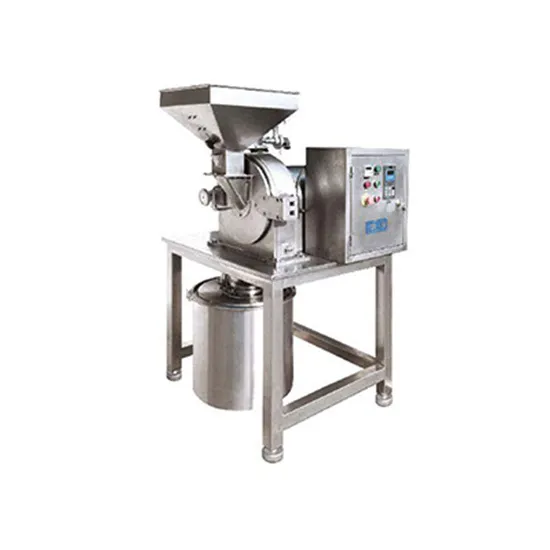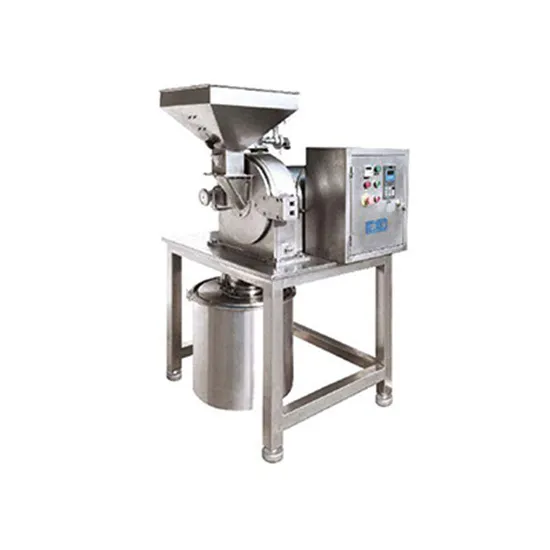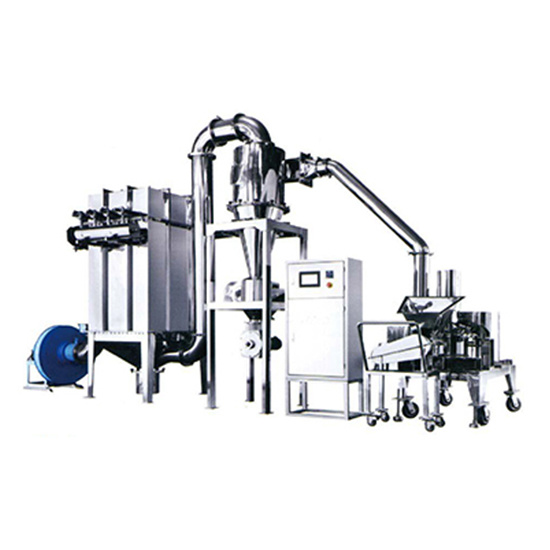NEWS
The Importance and Benefits of Feeding Systems in the Manufacturing Industry
Nov 02,2023
Introduction:
Feeding systems play a crucial role in the realm of manufacturing and processing machinery. They provide a seamless and efficient method of delivering materials to various stages of production. In this article, we will delve into the importance and benefits of feeding systems in the manufacturing industry, focusing on their contribution to enhancing productivity and streamlining operations.
1. Enhanced Efficiency:
Feeding systems revolutionize the manufacturing industry by automating the process of material delivery. These systems ensure a constant and precise flow of materials, eliminating the need for manual labor and reducing the risk of errors. With improved efficiency, manufacturers can achieve higher production rates and meet customer demands more effectively.
2. Increased Productivity:
By eliminating manual intervention, feeding systems significantly increase production output. These systems can handle large volumes of materials, ensuring a continuous supply to the processing machinery. With a consistent flow of materials, manufacturers can optimize their production capacity, reduce downtime, and achieve higher levels of productivity.
3. Improved Quality Control:
Feeding systems are designed to deliver materials accurately and with precision. This contributes to maintaining consistent quality throughout the manufacturing process. By minimizing variations in material supply, manufacturers can produce products that meet stringent quality standards, resulting in enhanced customer satisfaction and brand reputation.
4. Cost Reduction:
Efficient feeding systems help in cost reduction by minimizing material waste and optimizing resource utilization. With accurate material delivery, manufacturers can avoid overfeeding or underfeeding, preventing unnecessary material expenses. Additionally, the automation of feeding processes reduces the need for manual labor, leading to cost savings in the long run.
5. Flexibility and Adaptability:
Feeding systems offer flexibility and adaptability, allowing manufacturers to easily adjust the flow of materials to different production lines or accommodate changes in product specifications. This versatility enables manufacturers to respond swiftly to market demands, improve agility, and stay competitive in the industry.
6. Ensured Worker Safety:
Automation through feeding systems enhances worker safety by minimizing their exposure to hazardous materials or repetitive manual tasks. By reducing physical labor, manufacturers can create a safer working environment, preventing potential accidents and injuries. This, in turn, improves overall employee morale and productivity.
Conclusion:
Feeding systems are indispensable in the manufacturing industry, providing a range of benefits that optimize production processes and enhance efficiency. From increased productivity and cost reduction to improved quality control and worker safety, these systems revolutionize the way materials are delivered in the manufacturing and processing machinery sector. By implementing feeding systems, manufacturers can streamline operations, achieve higher levels of productivity, and stay ahead in a competitive market.
Feeding systems play a crucial role in the realm of manufacturing and processing machinery. They provide a seamless and efficient method of delivering materials to various stages of production. In this article, we will delve into the importance and benefits of feeding systems in the manufacturing industry, focusing on their contribution to enhancing productivity and streamlining operations.
1. Enhanced Efficiency:
Feeding systems revolutionize the manufacturing industry by automating the process of material delivery. These systems ensure a constant and precise flow of materials, eliminating the need for manual labor and reducing the risk of errors. With improved efficiency, manufacturers can achieve higher production rates and meet customer demands more effectively.
2. Increased Productivity:
By eliminating manual intervention, feeding systems significantly increase production output. These systems can handle large volumes of materials, ensuring a continuous supply to the processing machinery. With a consistent flow of materials, manufacturers can optimize their production capacity, reduce downtime, and achieve higher levels of productivity.
3. Improved Quality Control:
Feeding systems are designed to deliver materials accurately and with precision. This contributes to maintaining consistent quality throughout the manufacturing process. By minimizing variations in material supply, manufacturers can produce products that meet stringent quality standards, resulting in enhanced customer satisfaction and brand reputation.
4. Cost Reduction:
Efficient feeding systems help in cost reduction by minimizing material waste and optimizing resource utilization. With accurate material delivery, manufacturers can avoid overfeeding or underfeeding, preventing unnecessary material expenses. Additionally, the automation of feeding processes reduces the need for manual labor, leading to cost savings in the long run.
5. Flexibility and Adaptability:
Feeding systems offer flexibility and adaptability, allowing manufacturers to easily adjust the flow of materials to different production lines or accommodate changes in product specifications. This versatility enables manufacturers to respond swiftly to market demands, improve agility, and stay competitive in the industry.
6. Ensured Worker Safety:
Automation through feeding systems enhances worker safety by minimizing their exposure to hazardous materials or repetitive manual tasks. By reducing physical labor, manufacturers can create a safer working environment, preventing potential accidents and injuries. This, in turn, improves overall employee morale and productivity.
Conclusion:
Feeding systems are indispensable in the manufacturing industry, providing a range of benefits that optimize production processes and enhance efficiency. From increased productivity and cost reduction to improved quality control and worker safety, these systems revolutionize the way materials are delivered in the manufacturing and processing machinery sector. By implementing feeding systems, manufacturers can streamline operations, achieve higher levels of productivity, and stay ahead in a competitive market.
More News










